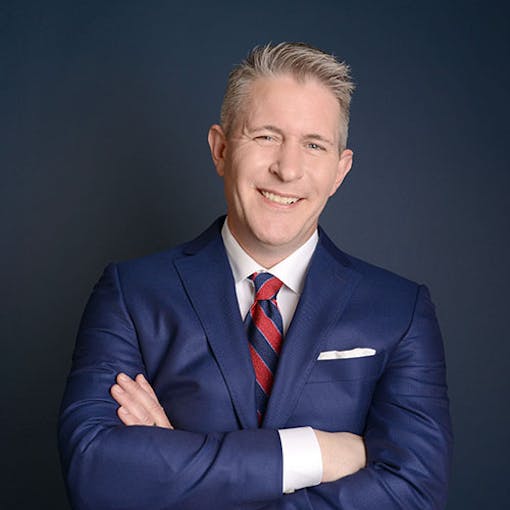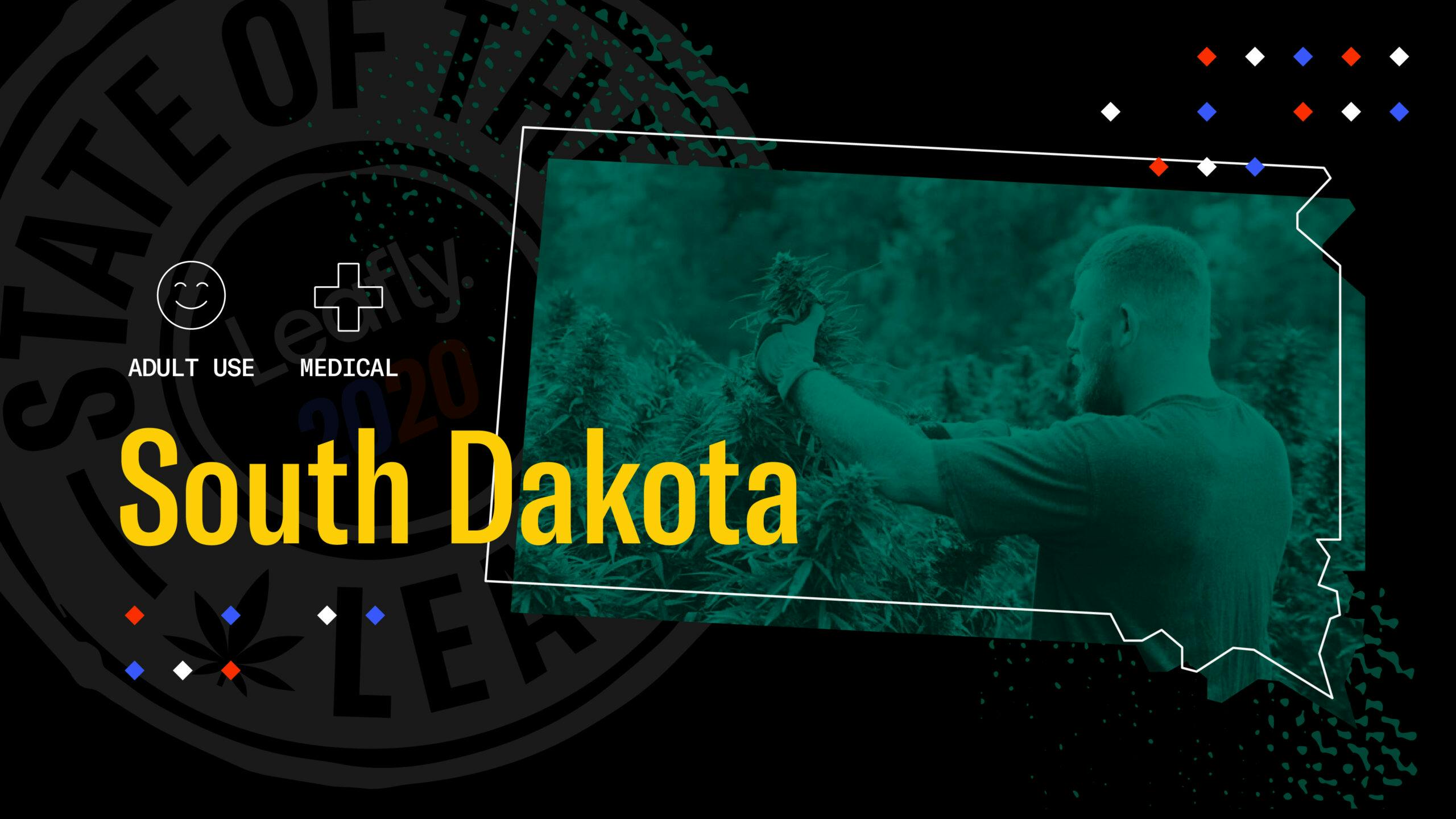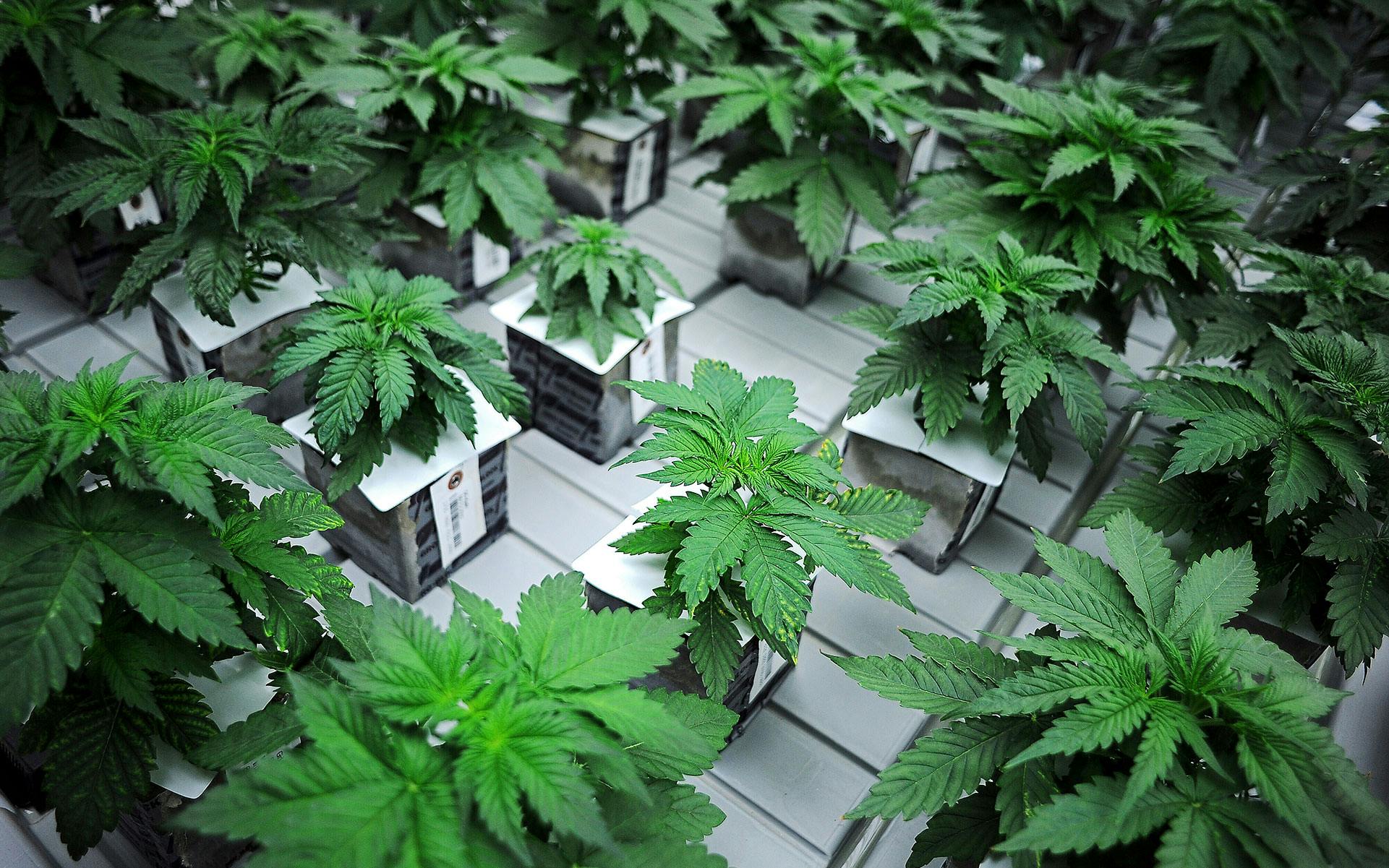More than 70% of South Dakotans believe medical marijuana should be legal. But when it came time to put that belief into law, they knew they’d have to shout. That’s because politicians in South Dakota are hard of hearing: They have a habit of not listening to the people.
Two legalization measures, working together, insure that South Dakota politicians don’t repeal the will of the voters.
Four years ago, voters approved an anti-corruption initiative that created new rules for legislators and lobbyists. Nothing radical—limits on gifts, that sort of thing. But politicians, aghast and insulted, repealed the measure in the next legislative session. As CNN put it: “State GOP lawmakers said they didn’t think voters knew what they were doing.”
To make sure the politicians in Pierre hear them clearly—and aren’t tempted to overturn the will of the people—advocates in South Dakota have put not one but two legalization initiatives on the Nov. 3 ballot.
Two measures to make sure legalization sticks
Initiated Measure 26 (IM-26) would establish a medical marijuana program for qualifying patients with a doctor’s approval. The program would be regulated by the South Dakota Department of Health.
“People are terrified that IM-26 [medical legalization] will pass alone, and the legislature will tear it apart.”
– Melissa Mentele, New Approach South Dakota
Constitutional Amendment A (CA-A) would legalize marijuana for all adults 21 years and older, while requiring the state legislature to create a medical marijuana program and legalize the sale of hemp.
Why two measures? Medical marijuana campaign leader Melissa Mentele puts it simply: “Amendment A protects Measure 26.”
“We need constitutional protection due to our legislature thinking they know better than the voters,” added Mentele, executive director of New Approach South Dakota. “People are terrified that IM-26 [medical legalization] will pass alone, and the legislature will tear it apart. IM-22 showed us what the legislature is capable of.”
South Dakota politics are neighbor-to-neighbor
The latest statewide poll—conducted and published by opponents of legalization, no less—found that more than 70% of South Dakotans want medical legalization and 60% want adult-use legalization. That’s not always been the case. For advocates like Mentele, it’s taken years of one-on-one conversations with neighbors to gain support.
“Over the past six years I’ve done education sessions with more than 1,000 patient families here in the state,” Mentele told me earlier this week. She spoke by phone from her home in Emery, a farm town west of Sioux Falls with a total population of 407.
70% of South Dakotans support medical legalization, and 60% support adult-use legalization.
South Dakota politics often revolve around family, farming, and the Republican party. Mentele, like a lot of medical marijuana advocates, has deep roots in all three. She and her husband come from South Dakota farm families going back many generations. And it’s not really possible to live in a one-party bubble in the Mount Rushmore State. Everybody’s got friends and relatives in both parties.
There are nearly 900,000 people here, but “South Dakota is really, really spread out,” Mentele explained. “It’s really just one big small town.”
Outdated, cruel marijuana laws
Within that small town, the state’s outdated marijuana laws are criminalizing “almost an entire generation,” said Brendan Johnson, a former US Attorney for South Dakota. Johnson, now a private attorney in Sioux Falls, is one of the primary sponsors of the state’s legalization effort. He stepped up because, he said, he saw too many good people needlessly derailed or destroyed by marijuana laws that made no sense.
From 2009 to 2018, nearly 32,000 South Dakotans were arrested for cannabis. Nearly all (95%) were arrested for possession. More than 60% of those arrested were under the age of 26. With a total state population of roughly 820,000, that means one in 25 residents was arrested for marijuana over the past decade.

Prison time for a vape pen
South Dakota has some of the nation’s harshest penalties for cannabis. A medical patient caught with a common cannabis vape pen cartridge, for instance, can be sentenced to up to ten years in prison. Possessing a bong—with no marijuana whatsoever—can result in a $500 fine and 30 days in jail.
Beyond those immediate penalties, a person arrested for marijuana will be haunted by that charge for their entire life. Even the smallest possession charge can cost a college student their financial aid, prevent a person from applying for public housing, result in a job loss, and prevent an adult from adopting a child, among literally thousands of other repercussions.
“We are simply ruining too many lives in South Dakota [by arresting people for] possession of a small amount of marijuana,” Johnson said at a mid-September press conference.
Wasting money, turning decent people into criminals
Enforcing those outdated laws eats up a lot of law enforcement resources that could be better spent preventing and solving real crimes. In 2018, one of every ten arrests in South Dakota was for marijuana. Each of those arrests costs the state around $4,000. That pencils out to $128 million wasted on marijuana arrests over the past decade.
Those cannabis arrests aren’t helping solve any other crimes. More than 98% of South Dakota’s marijuana violations are standalone offenses, meaning there were no other charges. Weapons were found on the arrested person in fewer than 1% of all cases.
Adult-use legalization solves the firearm restriction
The two-part legalization strategy is also intended to solve a conundrum that hits patients in rural communities especially hard. Roughly 55% of all South Dakotans have at least one firearm in the house. Hunting is deeply ingrained in the culture of this state, and a firearm is a necessary tool for many farmers.
Federal law prohibits medical marijuana patients from purchasing a firearm, however. That means medical cannabis patients are denied firearm rights because the state medical marijuana patient registry turns up their names when gun background checks are run.
If South Dakota were to legalize medical marijuana alone (with IM-26), more than half of all patients could be faced with a choice between their medicine and their hunting rifle.
Constitutional Amendment A (CA-A) solves that problem by allowing medical patients to purchase “off the rolls,” like other adults. They’d pay more—under the proposed rules, medical marijuana would be untaxed while non-medical consumers would pay a 15% tax—but there would be no record of their purchases.
Opponents: Voters don’t realize what they’re doing
Opposition to the legalization measures has largely been led by the South Dakota Chamber of Commerce and Industry, which has created the No Way on A campaign organization. Earlier this year David Owen, president of the South Dakota Chamber, said: “This isn’t about getting high with your friends, this is about permanently expanding access to a drug that can have powerful consequences.”
More recently, Owen told the Sioux Falls Argus Leader that No Way on A leaders believe South Dakota residents don’t realize what they’re voting for when it comes to IM-26 and CA-A, the two legalization measures.






